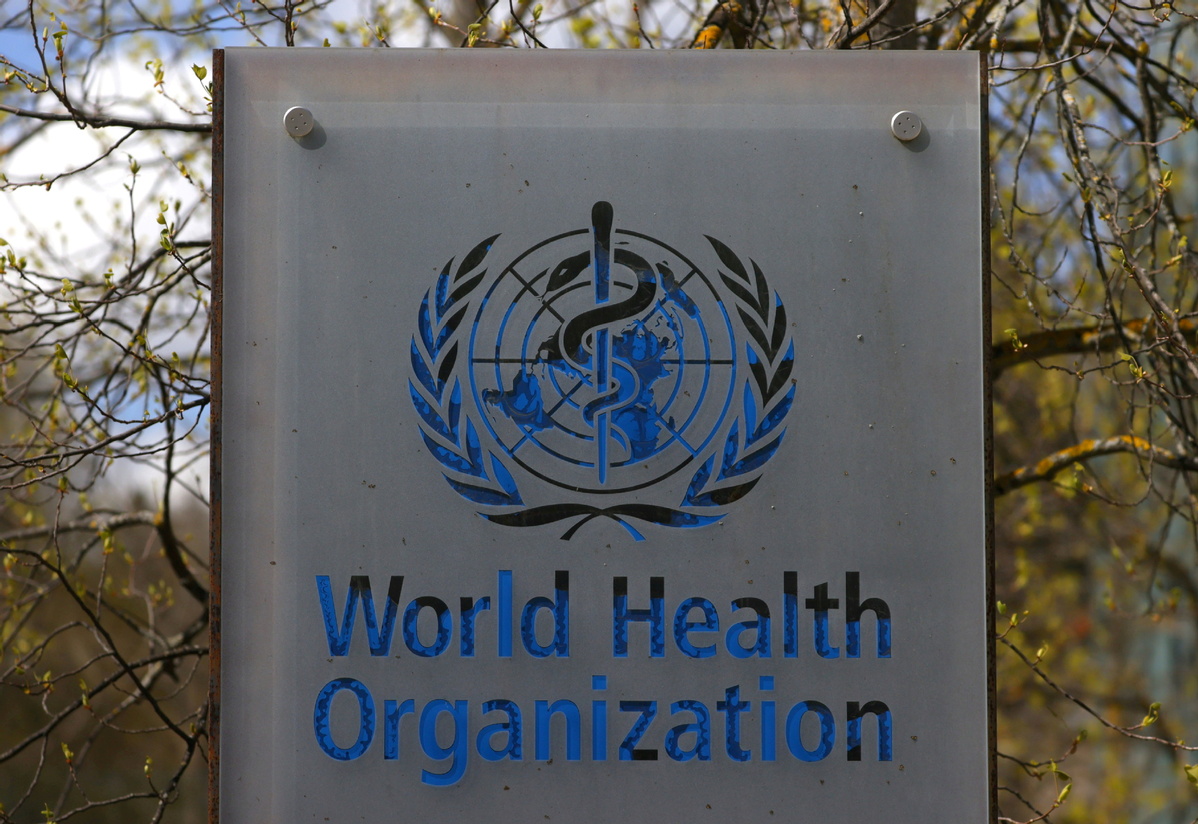WHO puts coronavirus' new variant on watch


GENEVA-The World Health Organization has said it is monitoring a new coronavirus variant known as Mu, which was first identified in Colombia in January.
Mu, known scientifically as B.1.621, has been classified as a "variant of interest", the global health body said on Tuesday in its weekly pandemic bulletin.
The WHO said the variant has mutations that indicate a risk of resistance to vaccines and stressed that further studies were needed to better understand it.
"The Mu variant has a constellation of mutations that indicate potential properties of immune escape," the bulletin said.
There is widespread concern over the emergence of new virus mutations as infection rates are ticking up globally again, with the highly transmissible Delta variant taking hold-especially among the unvaccinated-and in regions where antivirus measures have been relaxed.
All viruses, including SARS-CoV-2 that causes COVID-19, mutate over time and most mutations have little or no effect on the properties of the virus.
But certain mutations can affect the properties of a virus and influence how easily it spreads, the severity of the disease it causes, and its resistance to vaccines, drugs and other countermeasures.
The WHO identifies four COVID-19 variants of concern, including Alpha, which is present in 193 countries, and Delta, in 170 countries.
Five variants, including Mu, are to be monitored.
After being detected in Colombia, Mu has since been reported in other South American countries and in Europe.
The WHO said its global prevalence has declined to below 0.1 percent among sequenced cases. In Colombia, however, it is at 39 percent.
Multiple mutations
Separately, South African scientists have detected a new coronavirus variant with multiple mutations but have yet to establish whether it is more contagious or able to overcome the immunity provided by vaccines or prior infection.
The variant, known as C.1.2, was first detected in May and has now spread to most South African provinces and to seven other countries in Africa, Europe, Asia and Oceania, according to research that is yet to be peer-reviewed.
It contains many mutations associated in other variants with increased transmissibility and reduced sensitivity to neutralizing antibodies, but they occur in a different mix and scientists are not yet sure how they affect the behavior of the virus. Laboratory tests are underway to establish how well the variant has been neutralized by antibodies.
South Africa was the first country to detect the Beta variant, one of only four labeled "of concern" by the WHO.
Beta is believed to spread more easily than the original version of the coronavirus that causes COVID-19, and there is evidence vaccines work less well against it, leading some countries to restrict travel to and from South Africa.
Agencies Via Xinhua

































